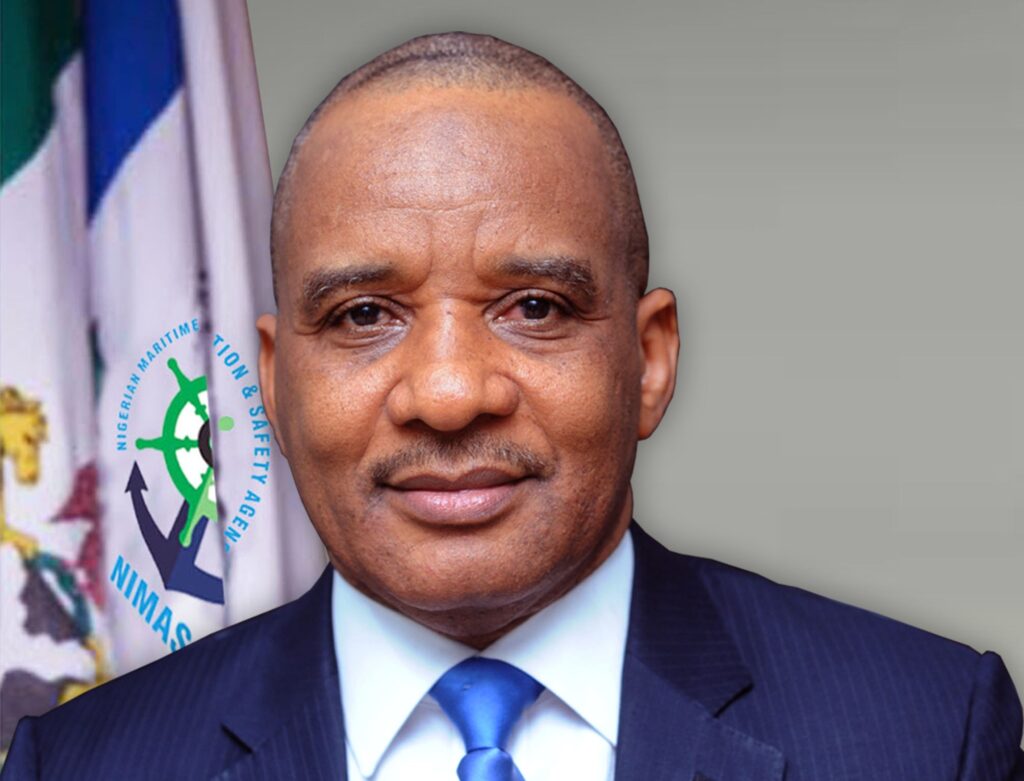The Federal Government has approved the ratification of six maritime conventions and protocols that promote cleaner marine environment, ship-breaking criteria, global standard for fishing crew and response to oil pollution casualties.
The approved instruments for ratification are Hong Kong International Convention for Safe and Environmentally Sound Recycling of Ships 2009; International Convention on Standards of Training Certification and Watchkeeping for Fishing Vessel Personnel (STCW-F) 1995; Protocol Relating to Intervention on the High Seas in Cases of Oil Pollution Casualties (intervention protocol) 1973 and the Protocol on Limitation of Liabilities for Maritime Claims 1996.
Others are the Protocol to the 1974 Athens Convention Relating to the Carriage of Passengers and their Luggage by Sea 2002; and the protocol of 2005 to the 1988 protocol to the Suppression of Unlawful Acts against the Safety of Fixed Platforms Located on the Continental Shelf (SUA PROT 2005).
The approval, conveyed through the Federal Ministry of Transportation to Nigerian Maritime Administration and Safety Agency, NIMASA has kick started Nigeria’s preparation to align with the global maritime community in respect to the protocols and conventions.
Director General of NIMASA, Dr. Bashir Jamoh, OFR while thanking the Federal Government for the approval, reassured industry players of the agency’s unflinching effort as designated authority, DA to draw the gains of the various instruments closer to indigenous investors, professionals and all stakeholders in Nigeria
Dr. Jamoh said The Hong Kong Convention is aimed at ensuring that ships, when being recycled after reaching the end of their operational lives, do not pose risk to human health, safety or to the environment.
The DG said STCW-F is a treaty that sets certification and minimum training requirements for crews of seagoing fishing vessels with the goal to promote the safety of life at sea and the protection of the marine environment, taking into account the unique nature of the fishing industry and the fishing working environment.
Dr. Jamoh added that the International Convention Relating to Intervention on the High Seas in Cases of Oil Pollution Casualties will see Nigeria taking action on the high seas to prevent, mitigate or eliminate grave and imminent danger to Nigeria’s coastline or related interests from pollution or threat of pollution of the sea by oil spillage.
On the Convention of Limitation of Liability of Maritime Claims, Jamoh said it will provide for an unbreakable system of limiting liability where shipowners and sailors may limit their liability, except if it is proved that an incurred loss resulted from their personal act or omission or commission with the intent to cause loss, or recklessly and with knowledge that such loss would probably happen.
The Athens Convention, according to Jamoh, establishes a regime of liability for damage suffered by passengers carried on a seagoing vessel. It places liability on the carrier for any loss or damage suffered by passengers where it is established to be the carriers fault.
He added that the Protocol for the Suppression of Unlawful Acts against the Safety of Fixed Platforms Located on the Continental Shelf (SUA PROT) will result in improved protection of oil platforms and sanction threats against such facilities which are critical to the country’s economic mainstay.
He further sought the cooperation of all stakeholders with NIMASA while hoping to engage with them at various stages of implementation in the nearest future.
Photo: Dr. Bashir Jamoh, Director General, NIMASA.
Send your press invite, news, press releases/articles to augustinenwadinamuo@yahoo.com. Also, follow us on Twitter @PrimetimeRepor1 and on Facebook on facebook.com/primetimereporters or call the editor on 07030661526.

